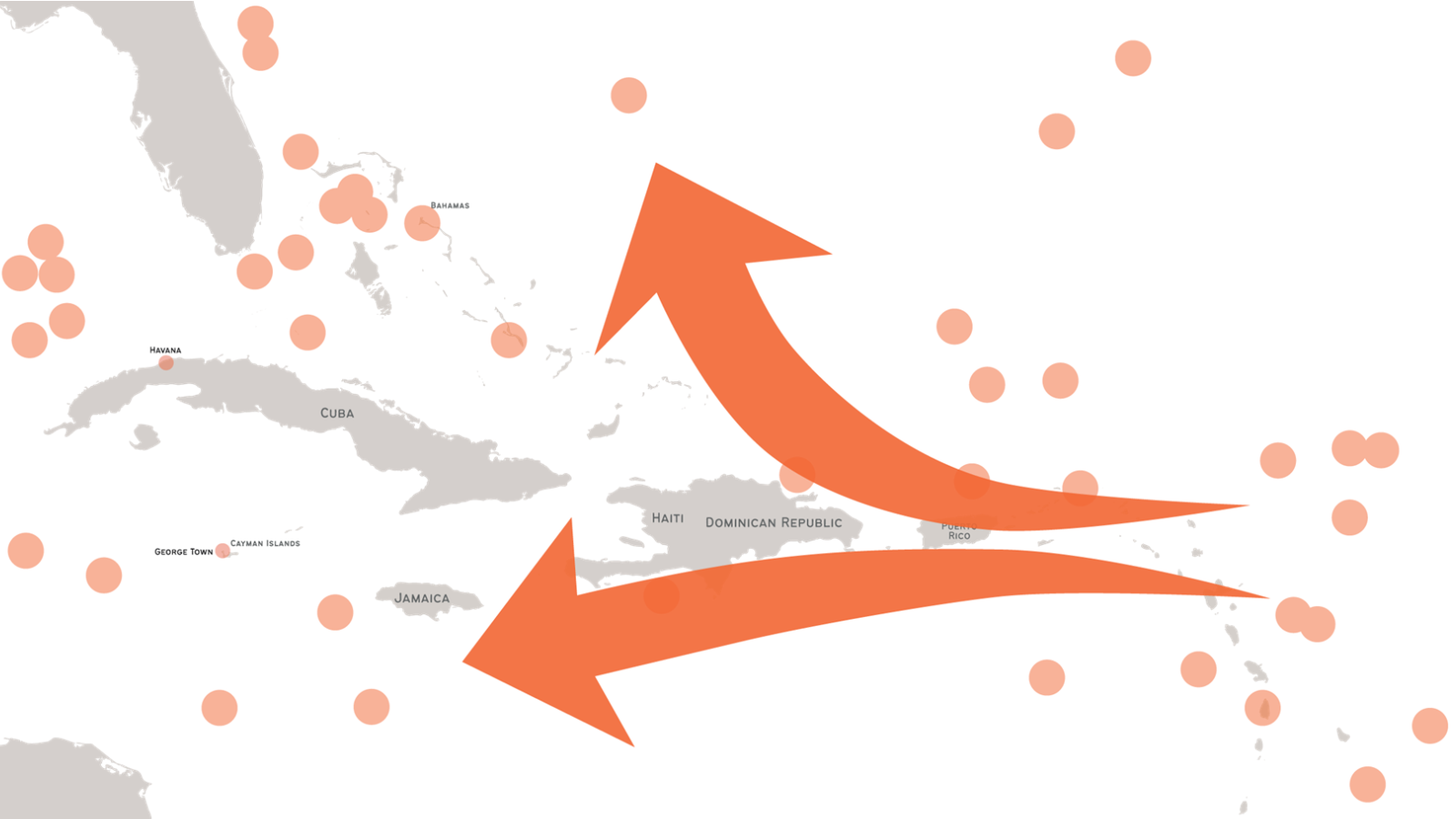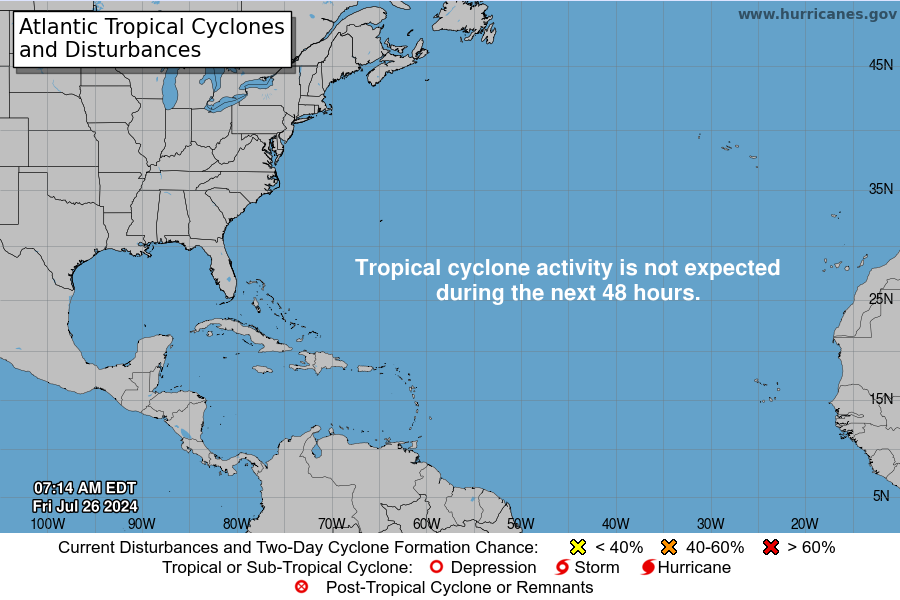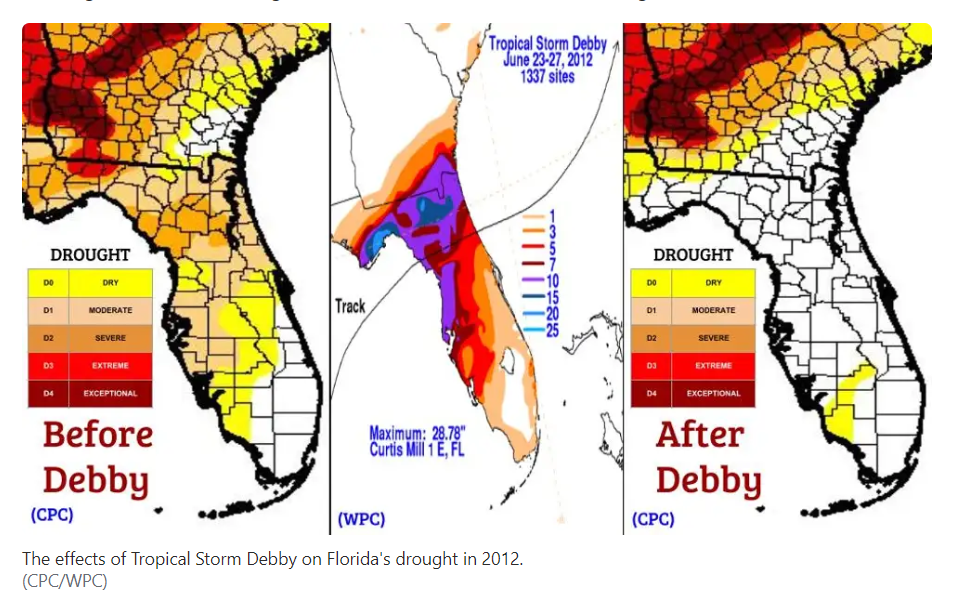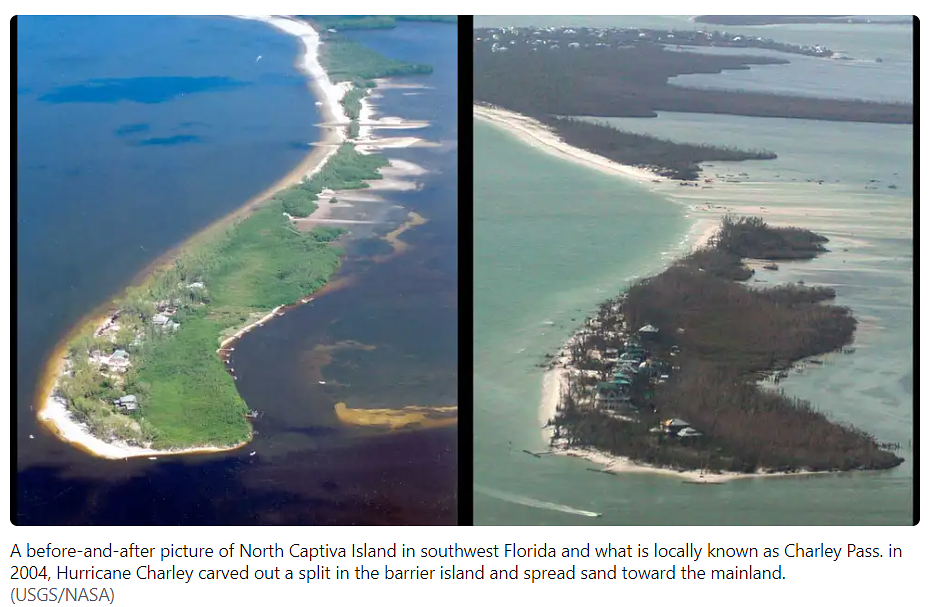Why hurricanes aren’t all bad?
As we wade into the so-called hurricane season, let’s unravel the mystery of these mighty tempests. What exactly is hurricane season? What are the real threats, and how can we gear up for them? And hey, let’s not forget the unexpected perks a hurricane can bring to our dear old Mother Earth.
The hurricane season in the Dominican Republic is set from 1.06 to 30.11. Does this mean that we experience abnormally strong winds every day and have to be in a state of emergency 24/7? Of course not!
What does Hurricane Season really mean?
Hurricane season is set by the National Hurricane Center, which monitors tropical storms in the Caribbean. This means that a depression (low pressure system) can form over the Atlantic Ocean (but let’s also remember how big it is). We can distinguish 3 types of cyclones:
- Tropical depression: manifested by rain, winds of 38 mph (33 knots or less)
- Tropical storm: manifested by rain and maximum sustained winds of 39 to 73 mph (34 to 63 knots).
- And the infamous Hurricane: manifested with rain and 74 mph (64 knots or higher)
Every year, the Dominican Republic sees an average of six hurricanes in its territorial waters, half of which never even make it to land. Thanks to the country’s strategic geographic location and terrain, with its high mountain ranges and dense forests, hurricanes often lose steam before reaching us. Typically, hurricanes hit Puerto Rico first, shielding the Dominican Republic from the worst of it, and then often veering off course. The result? We usually only experience tropical depressions, storms, and some gusty winds that quickly lose speed as they move inland. Plus, we get plenty of rain.

Early prevention
In today’s world, hurricane damage in the Dominican Republic is usually limited to a few fallen trees and buildings that weren’t properly secured. The modern infrastructure is designed to withstand strong winds, and thanks to cutting-edge monitoring systems, hurricanes don’t catch us by surprise anymore. We get advance notice – usually 5-7 days – so there’s plenty of time to prepare and find shelter.
For the latest updates, tune into local news stations or check international sources like the Hurricane Kit by the US Embassy or the Florida Hurricane Monitor.

How to prepare
So, what should you do when you hear about an upcoming storm or hurricane? We’ve put together a handy guide with some preventive measures that might not even be necessary, but hey, better safe than sorry, right?
- First of all, don’t panic! Remember, we’ve got this! Keep in mind everything we’ve mentioned above – hurricanes in the Dominican Republic are not as dangerous as they sound, and it’s not going to be that bad.
- Prepare documents in a waterproof bag: let’s find that passport, wallet and other documents that were lying around the house and actually put them in a plastic bag.
- Clean the balcony, garden and surroundings – any rubbish that might fly away needs to be swept up so that the drainage system is not clogged.
- Buy non-perishable food – it’s not the time to be a master chef. Put down the sashimi and trust the Dominicans: get beans, rice, lentils, canned fish and meat, add some nuts and dried fruit, and water in small bottles you can carry.
- Fill up your car with gas, pay any outstanding bills and cancel any unimportant meetings – the government, banks and municipality will probably suspend work.
- It’s a good idea to charge devices and portable batteries – power may be cut for a few hours – this is for your safety. Unplug your TV and other expensive devices to protect them from sudden power outages.
- Pick up some books and newspapers – this is a good time to go offline and try to relax. A good meditation session can help calm your nerves.
- Listen to the radio and local information centers.
Environmental impact
So, let’s dive into what brought you here – why aren’t hurricanes all bad? They are part of our complex nature, where everything has its own purpose. Hurricanes provide some important environmental benefits that are often overlooked. Here are a few key perks:
- They bring water to areas suffering from drought.
- They regulate the temperature of the planet – hurricanes act as giant engines, converting the energy of warm air into powerful winds and waves. In addition, hurricanes don’t just transport heat to the poles, they also help radiate heat out of the tropics and into space.
- They clean up harmful algal blooms.
- Rainfall gives wetlands a boost and flushes out lagoons, removing trash and weeds.
- Replenish barrier islands – Hurricanes have the power to pick up significant amounts of sand, nutrients, and sediment from the ocean floor and bring it to these barrier islands.


Not so bad after all, huh? We hope this has demystified the seemingly dangerous hurricane season. Let’s accept it’s here, appreciate the good parts, and prevent the bad ones with some good practices. So next time you hear about hurricane season, you can confidently say, “Bring it on!”